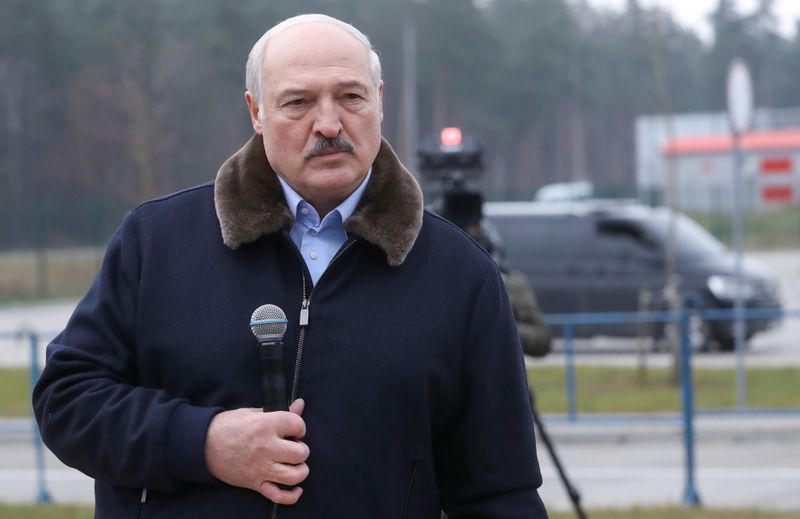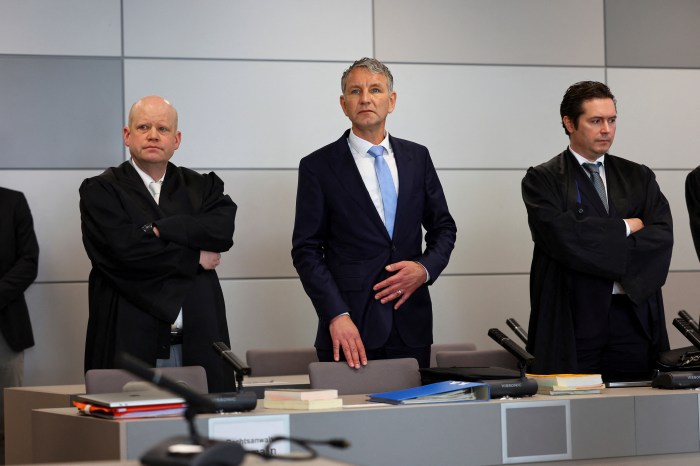MOSCOW (Reuters) -Belarus said it would retaliate after the United States and its allies imposed sanctions against dozens of individuals and entities there, and it complained that its economy was facing unprecedented external pressure.
The new sanctions aim to pile pressure on Belarusian leader Alexander Lukashenko, who is accused by Western governments of rigging a presidential election, ordering a massive crackdown on the opposition and pushing Middle East migrants towards the border with Poland. He denies the accusations.
“We have repeatedly said that all unfriendly anti-Belarusian steps will be followed by appropriate measures of response. The new round of sanctions is no exception,” the Belarusian Foreign Ministry said in a statement.
It also called for dialogue with the West.
“Our economy is under external pressure on an unprecedented scale and depth,” Belarus’ state news agency Belta quoted Lukashenko as saying. “Aggressive rhetoric persists.”
Lukashenko said Belarus had managed to maintain economic growth. The economy contracted by 0.9% last year, and the World Bank expects it to grow by 1.2% in 2021, according to October projections.
Belarusian authorities need to ensure that inflation drops to 6% in 2022, Lukashenko said, down from 10.5% as of Nov. 1.
“We plan to have single-digit inflation at 6% in 2022,” he said.
Shares of global potash producers rose on Thursday after sanctions on Belarus Potash Company (BPC), which is the exporting arm of Belarusian state potash producer Belaruskali and Minsk’s main foreign currency earner.
After the sanctions were imposed, BPC said on Friday it would work within existing legal frameworks, but did not elaborate.
(Reporting by Maria Kiselyova, Alexander Marrow, Tom Balmforth; Editing by Mark Trevelyan and Angus MacSwan)



















